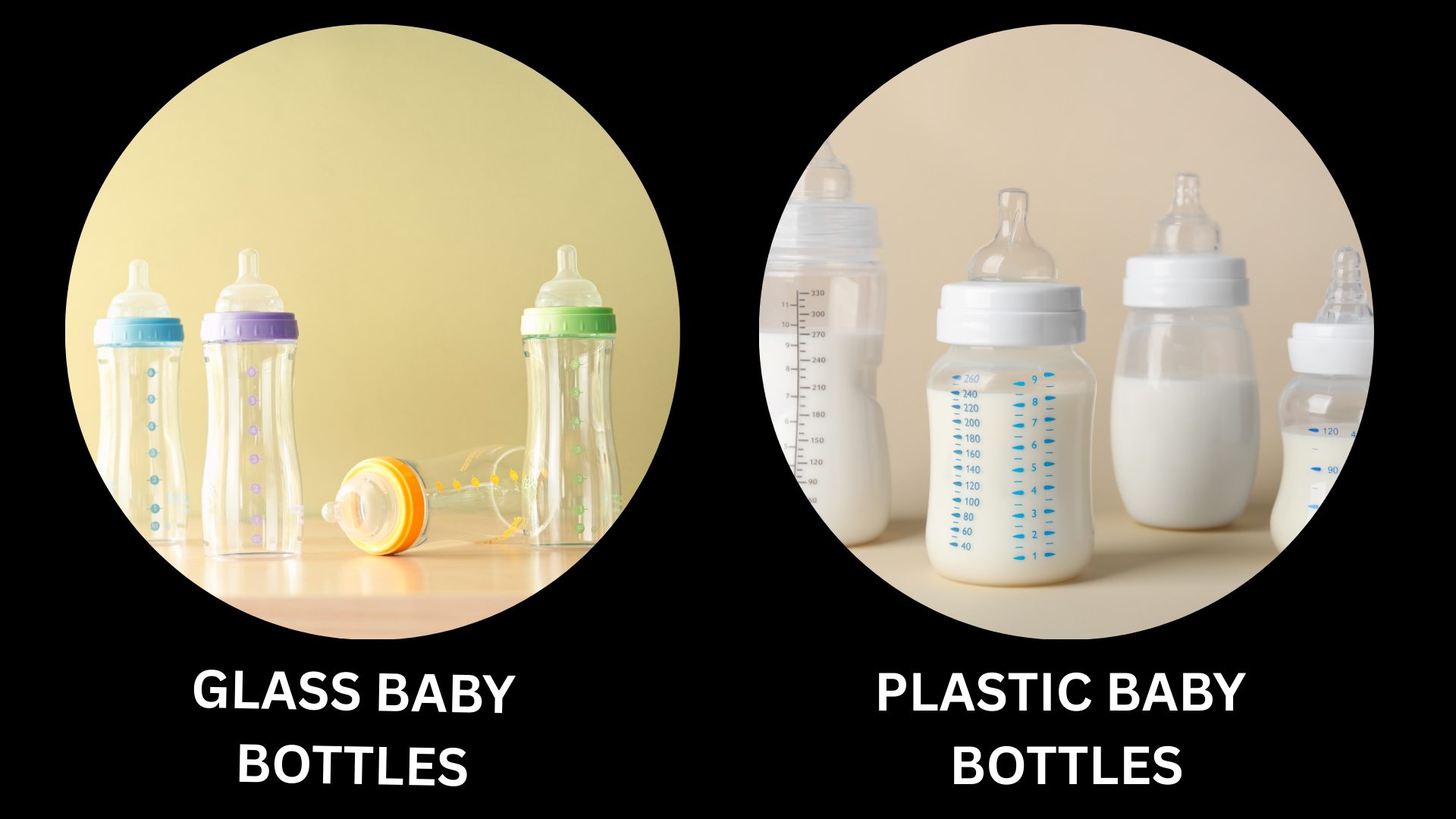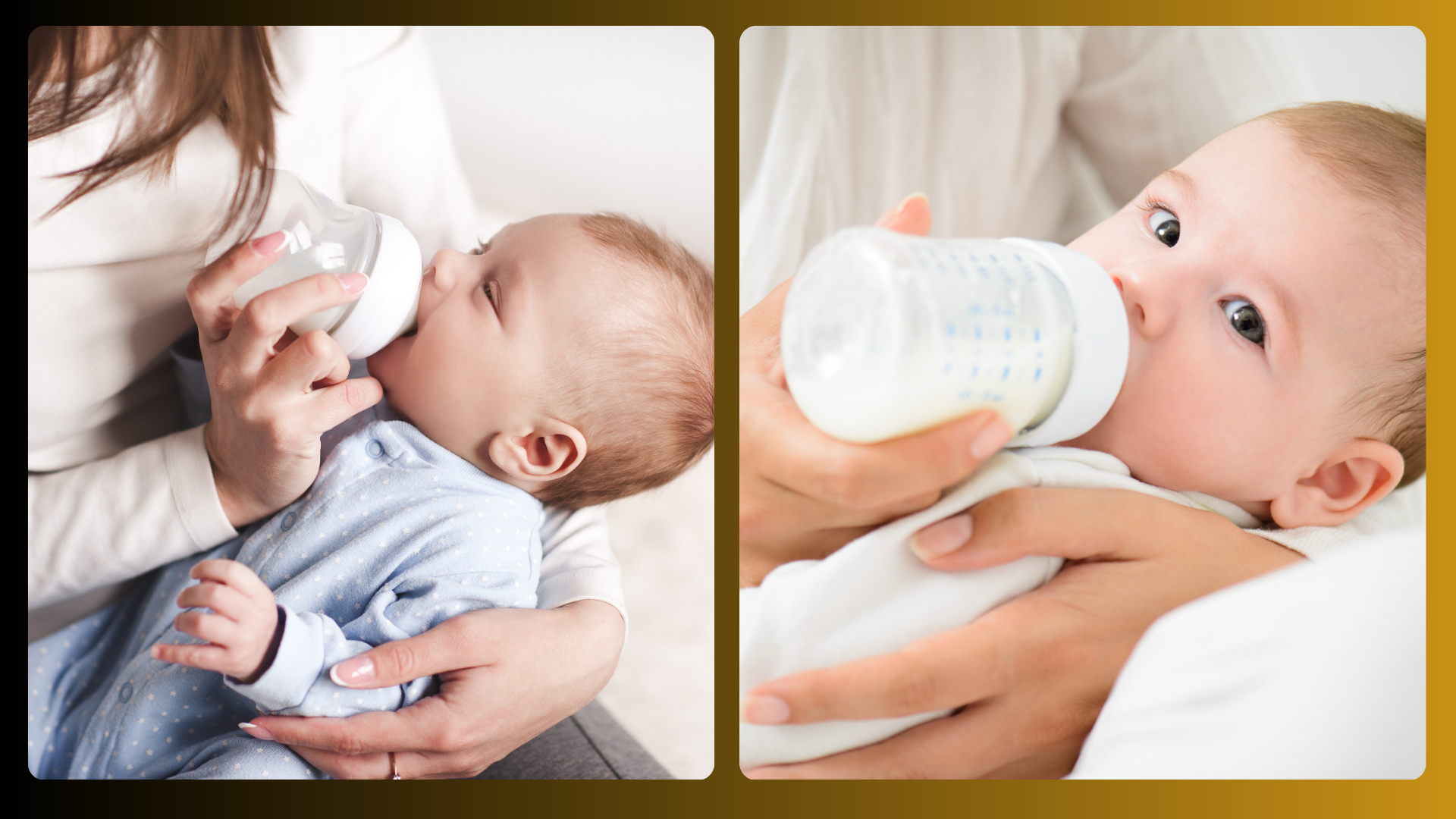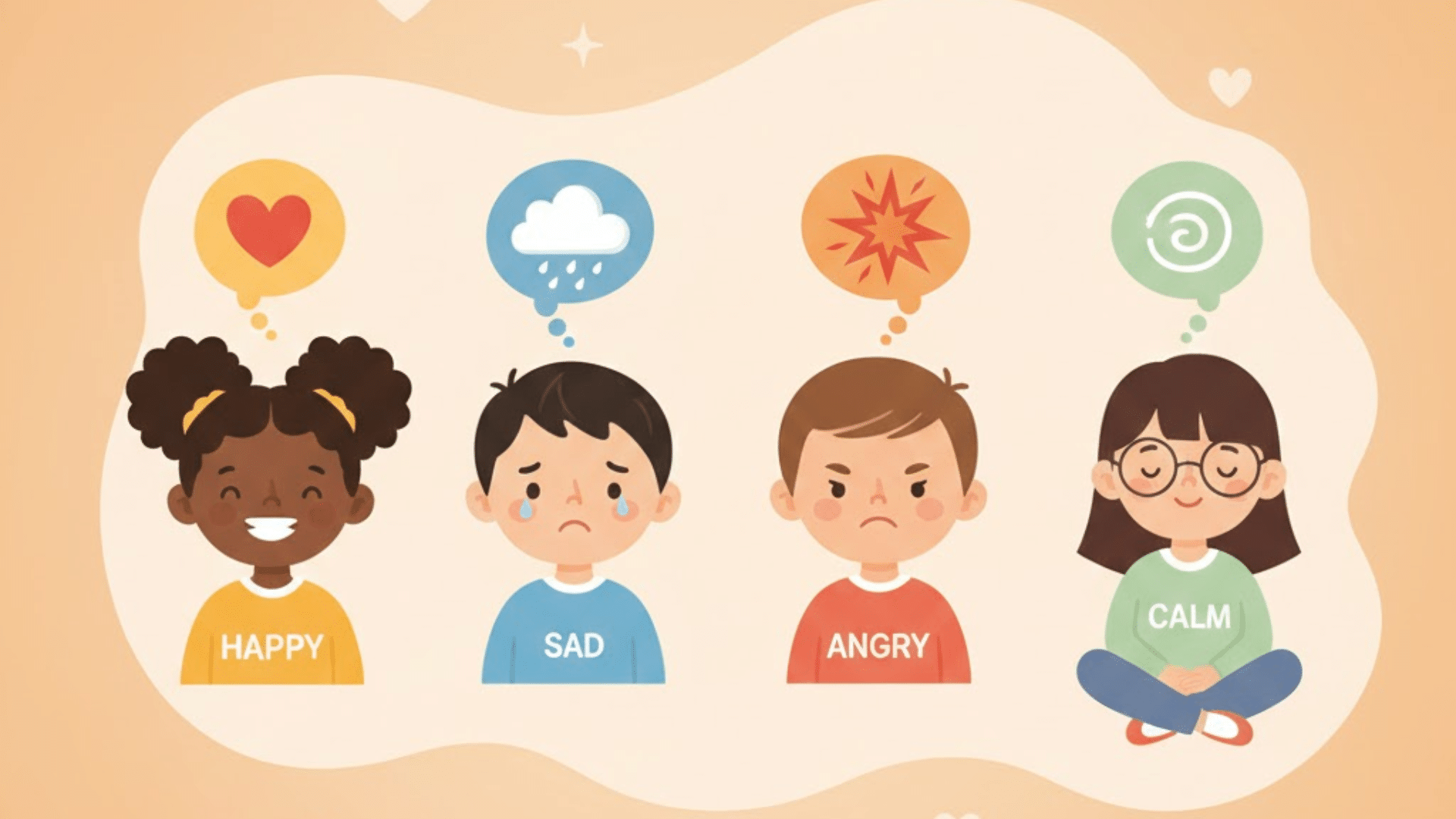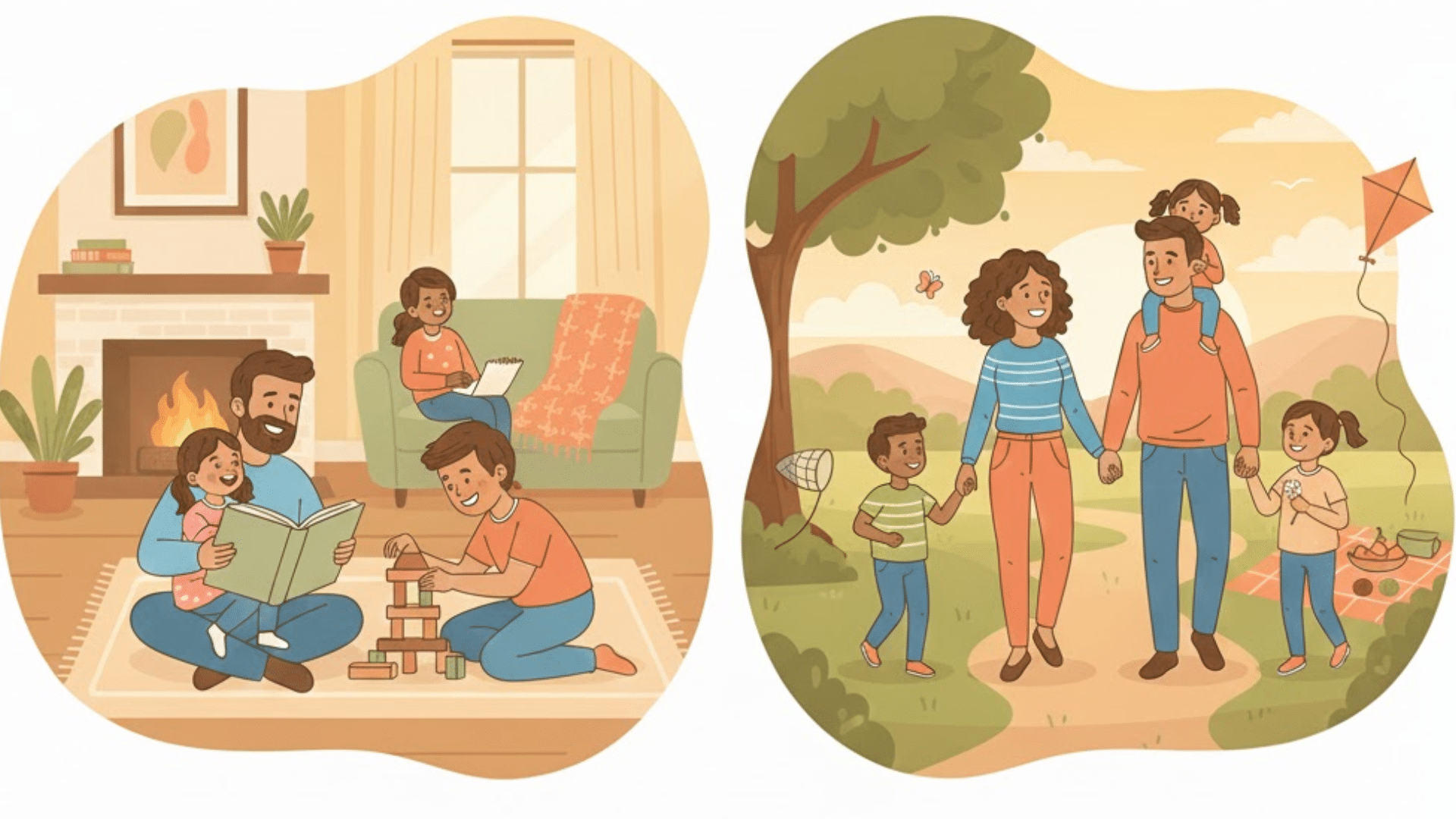Choosing the right bottle for your baby can feel overwhelming. Should you go with glass or stick with plastic?
Parents often worry about safety, cost, and convenience – and with so many opinions out there, it’s hard to know what’s best.
In this blog, I’ll break down the key differences between glass vs plastic baby bottles. By the end, you’ll feel more confident about picking the right bottles for your baby.
Glass vs. Plastic Baby Bottles: The Core Comparison

When comparing glass vs plastic baby bottles, parents often look at safety, durability, cleaning, cost, and overall practicality.
1. Safety
Glass bottles are naturally free from chemicals such as BPA, phthalates, and microplastics, which makes many parents feel more confident about using them.
Plastic bottles today are usually BPA-free, but studies suggest they may still release microplastics over time, especially with repeated heating.
2. Durability
Glass bottles are tough against scratches and last a long time, but they can still break if dropped on a hard surface.
Plastic bottles, on the other hand, are shatter-resistant and more forgiving if tossed around, but they tend to wear down and scratch faster, which may affect hygiene.
3. Cleaning
Parents often find glass bottles easier to sterilize since they don’t hold onto odors or stains.
Plastic bottles can be lightweight and dishwasher-safe, but they may develop scratches or absorb smells after frequent use, which can make them harder to keep fresh and clean over time.
4. Cost
Glass bottles usually come with a higher upfront price, but because they last longer, they may balance out the cost in the long run.
Plastic bottles are cheaper at the start, which makes them appealing for families on a budget, but they often need replacing more frequently.
5. Weight
One drawback of glass bottles is their weight, which can make them harder for a baby to hold independently as they grow.
Plastic bottles are lighter, making them more practical for travel, daycare, and for little hands learning to grip and feed themselves.
6. Eco-Friendliness
Glass bottles are more eco-friendly since they can be reused for years and fully recycled when no longer needed.
Plastic bottles usually have a shorter lifespan, are harder to recycle, and add more waste to the environment, which is why many eco-conscious parents lean toward glass.
Both options have strengths and weaknesses, and the best choice usually depends on your lifestyle and your baby’s needs.
Glass vs. Plastic Baby Bottles: Benefits, Drawbacks, and Best Fit
This comparison highlights the key benefits and drawbacks of glass and plastic baby bottles. It also shows which type may be the best fit for different families.
| Feature | Glass Baby Bottles | Plastic Baby Bottles |
|---|---|---|
| Overview | Used for decades, valued for safety and durability. | The most common choice is popular for its convenience and low cost. |
| Benefits | Chemical-free and safe for babies. Handles heat and sterilizes well. Easy to keep clean without stains or odors. Environmentally friendly and long-lasting. | Lightweight and easy for babies to hold. Durable and less likely to break. Widely available in stores. More budget-friendly. |
| Drawbacks | Heavier, harder for babies to hold. It can break if dropped. Higher upfront cost. | May release microplastics over time. Prone to scratches and stains. Shorter lifespan. |
| Best For | Parents prioritizing chemical-free safety. Eco-conscious families. The newborn stage is when parents do most of the feeding. | Parents need bottles for travel or daycare. Families with multiple children. Budget-conscious buyers. |
Safety Considerations Parents Should Know
When it comes to feeding your baby, safety is always the top priority. Understanding how glass and plastic bottles differ can help you choose with confidence.
Glass Bottles
- Chemical-Free – No risk of leaching microplastics or harmful chemicals.
- Heat Resistant – Can handle boiling, sterilizers, and warmers without damage.
- Smooth Surface – Easier to sanitize since no scratches trap bacteria.
- No Odors or Stains – Glass doesn’t hold onto smells or discoloration.
- Durable Over Time – Can be reused safely for multiple children.
Plastic Bottles
- Lower Breakage Risk – Less likely to shatter if dropped, safer for daily handling.
- Lightweight & Portable – Easier for babies and parents to carry.
- Daycare Approved – Many childcare centers require plastic over glass.
- Affordable & Widely Available – Often cheaper and accessible in more styles.
- Needs Replacing – Scratches can trap bacteria; bottles may need annual replacement
Which Bottle Type is More Suitable for Babies?
Both glass and plastic bottles have their strengths. The best choice often depends on your baby’s age, daily routine, and your comfort as a parent.
| Situation |
Glass Bottles |
Plastic Bottles |
|---|---|---|
| Newborns | Great choice since parents do most of the feeding; safe and easy to sterilize. | Not as common for the newborn stage, but still usable. |
| Older Babies | Heavier for babies to hold on their own. | Lightweight, easier for babies to grip. |
| Daily Use at Home | Durable, chemical-free, and eco-friendly. | Convenient but may wear down faster. |
| Travel & Daycare | The risk of breakage makes them less practical. | Preferred in most daycares and perfect for travel. |
| Baby’s Comfort | Bottle material matters less than the nipple. | Same – nipple shape and flow are usually more important. |
Glass vs. Plastic: Parent Feedback
Many parents say they prefer glass bottles because they feel safer and give peace of mind. They also find them easier to clean and appreciate that glass doesn’t hold onto smells.
On the other hand, plastic bottles are often chosen for their lightweight design and lower cost. Parents also note that many daycares require plastic bottles, making them the more practical option.
Some families mention that they use both types depending on the situation. Glass bottles are kept for home use, while plastic bottles are used for travel or when sending a baby to daycare.
A common theme across parent forums is that babies usually care more about the nipple than the bottle itself. Once a baby finds a nipple shape they like, the material of the bottle often matters less.
Conclusion
Choosing between glass and plastic baby bottles really comes down to your family’s lifestyle, budget, and comfort.
Glass bottles give peace of mind with chemical-free safety, easy cleaning, and eco-friendly durability.
Plastic bottles, on the other hand, are lighter, less likely to break, and often daycare-approved, making them practical for busy parents on the go.
There isn’t a single “right” answer – many families even use both depending on the situation. The most important factor is finding what feels safe and convenient for you and your baby.
If you’re ready to decide, think about where and how you’ll use the bottles most. Start with one or two of each, see what works best, and build your routine from there.










